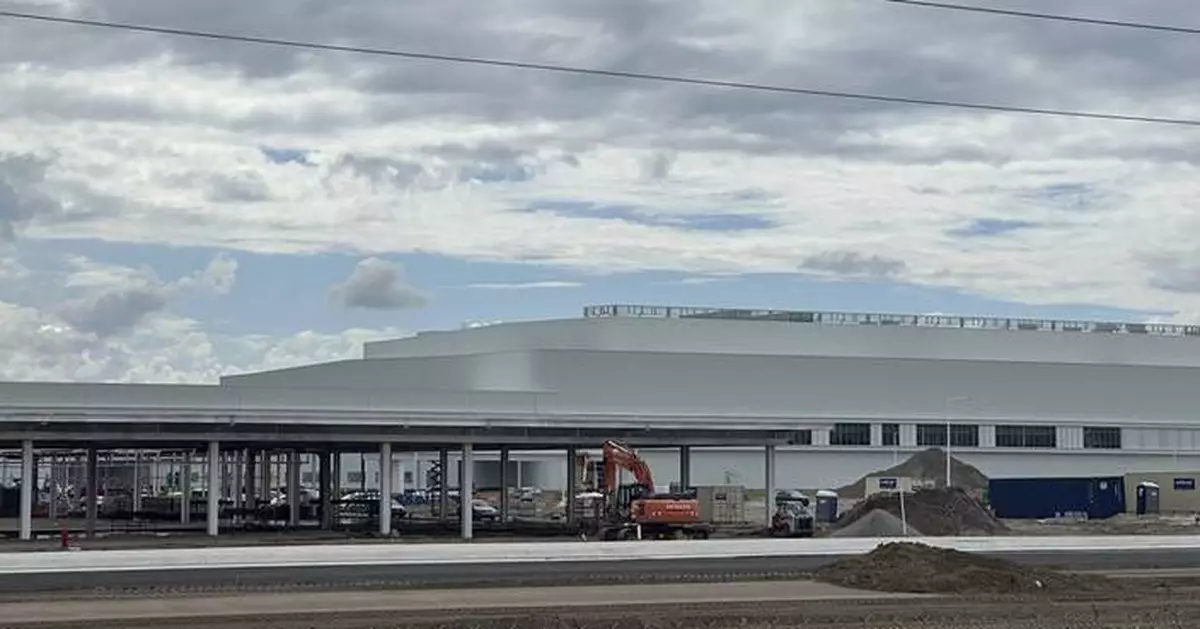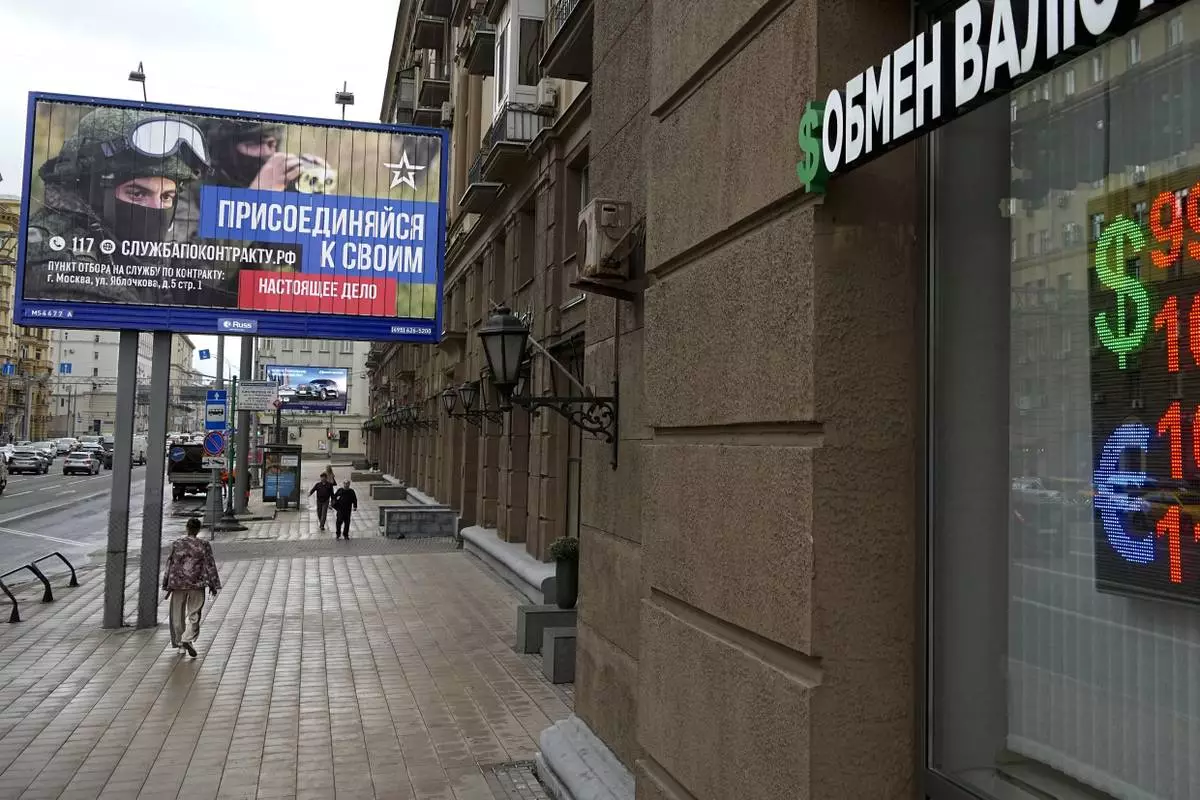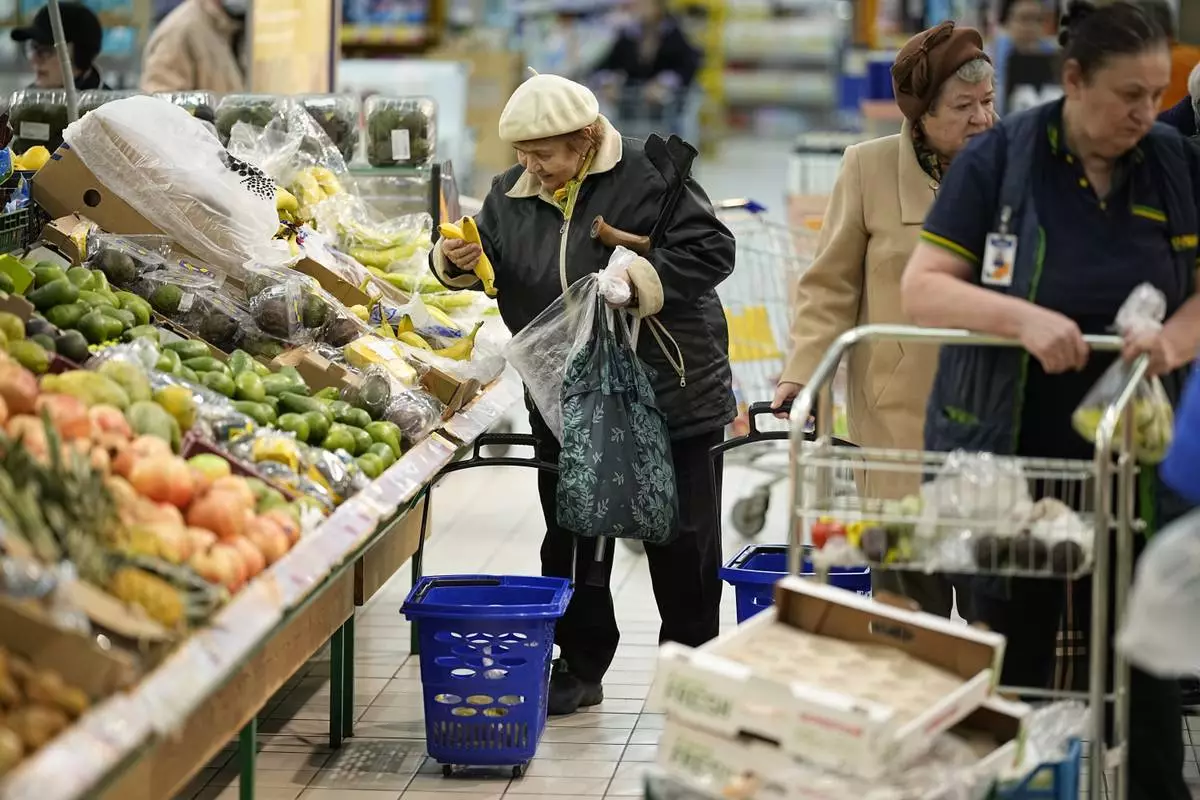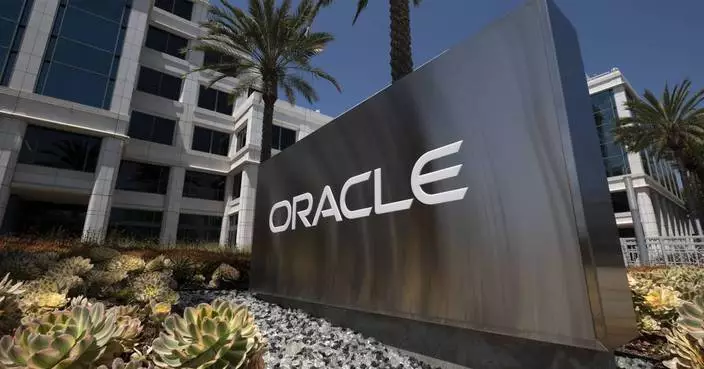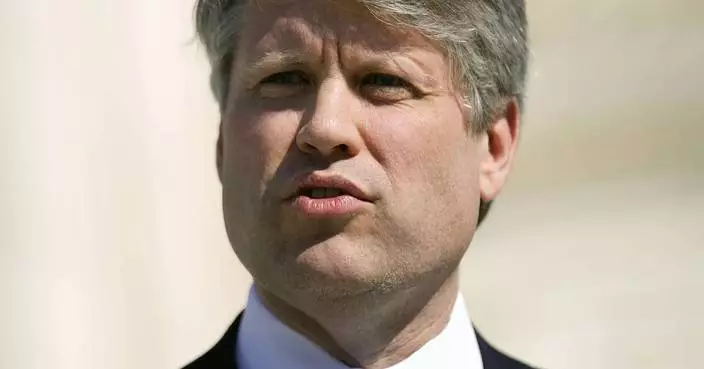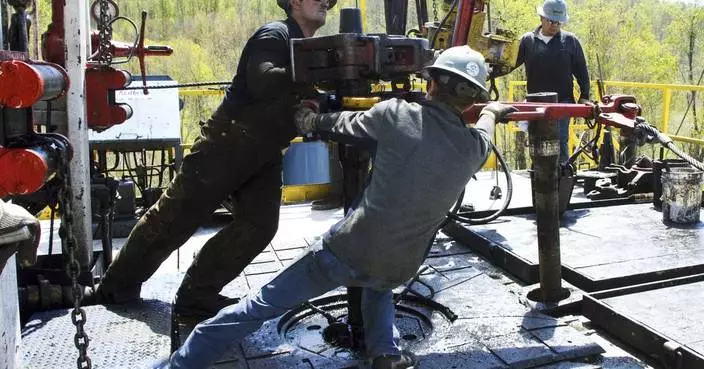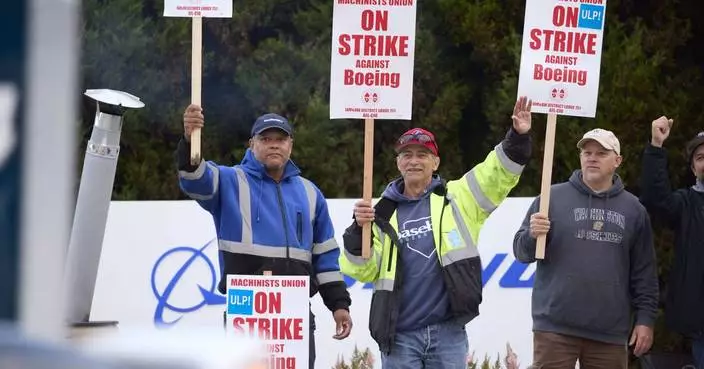SAVANNAH, Ga. (AP) — A federal agency plans to reassess its environmental permit for Hyundai's $7.6 billion electric vehicle plant in Georgia after a conservation group complained that regulators failed to properly examine the sprawling factory's potential impacts on the area's water supply.
The Army Corps of Engineers said in a letter Friday that state and local economic development agencies that applied for the project's 2022 permit never mentioned Hyundai wanted to withdraw up to 6.6 million gallons (25 million liters) per day from the underground aquifer that's a major regional source of drinking water.
Details of the plant's needs came out earlier this year as the Georgia Environmental Protection Division considered a proposal for four new wells to supply water to the auto factory. As a result, the Army Corps said it will revisit its finding that the project would have “negligible impacts."
The Army Corps sent a similar letter to the Ogeechee Riverkeeper conservation group, which gave notice in June that it planned to sue if the agency refused to revisit the permit issued for the Hyundai project in October 2022.
“The concentration of that pumping in one area is going to have some impacts locally, such as on domestic and agricultural wells,” said Ben Kirsch, the riverkeeper group's legal director. “The big question we've had throughout all this is what impact will it have on other resources resources — natural springs in the area, wetlands, tributaries and streams.”
The Army Corps' decision comes as Hyundai pushes to start production before the end of the year at its 2,900-acre (1,170-hectare) plant in Bryan County west of Savannah. The site will produce EVs and the batteries that power them. The South Korean automaker plans to employee 8,000 workers at the plant, making it the largest economic development project Georgia has ever tackled.
The Army Corps ordered no delays or disruptions to construction at the plant site as a result of its permit reassessment.
“At this time the permit is still valid and we have not requested that the permittee stop work,” Cheri Dragos-Pritchard, a spokesperson for the Army Corps' Savannah District, said by email Monday. She said it wasn't known how long the additional review might take.
Hyundai Motor Group Metaplant America, the automaker’s name for its Georgia factory, said in a statement Monday that it will assist as needed to ensure the Army Corps gets the information it needs.
“Hyundai has worked tirelessly with the relevant authorities to ensure we are good neighbors to those in the region and that our operations do not negatively impact the community’s water resources,” the company’s statement said.
The extra scrutiny by the federal government is “unlikely to impact or delay” a final decision by Georgia regulators on whether to permit wells for the Hyundai project, said Sara Lips, a spokesperson for the state Environmental Protection Division.
The Army Corps permit obtained by state and local economic developers authorized the filling or dredging of 221 acres (89 hectares) of wetlands at the plant site just a few months after Hyundai announced plans to build its EV factory in May 2022.
The Army Corps concluded then that the project would have “negligible impacts on municipal and private water supplies." Its Friday letter said the agency relied on information provided by economic developers.
“We never purposefully withheld anything,” said Trip Tollison, president and CEO of the Savannah Area Economic Development Authority, one of the local agencies that worked with state officials to bring Hyundai to Georgia.
Tollison said he expected the updated information requested by the Army Corps to be submitted within 10 days. The federal agency would typically complete its review within a month, he said, adding that he's confident the reevaluation won't hold up the project.
“There’s enough water for everyone,” Tollison said. “We feel really good about where we are.”
Georgia's environmental agency issued draft permits in July for the four wells to supply Hyundai. It's now evaluating public comments before reaching a final decision. The wells would be drilled in neighboring Bulloch County, where some farmers and rural residents have said they worry the auto plant will siphon water away from their crops and homes.
State regulators concluded that water withdrawals by the Hyundai plant would lower water levels in the aquifer up to 19 feet (5.8 meters) for private wells within 5 miles (8 kilometers). They said most wells won't see any impacts because they reach deeper into the ground.
The state agency has also said that nearby rivers and streams won't be affected because dense layers of rock seal off the aquifer from water at the surface.
Kirsch with the Ogeechee Riverkeeper said he hopes a second look by the Army Corps will provide more details on how state regulators reached those conclusions.
“We definitely want to see the Corps independently evaluate this," Kirsch said. “This should have been all considered before the wetlands were filled and buildings went up.”
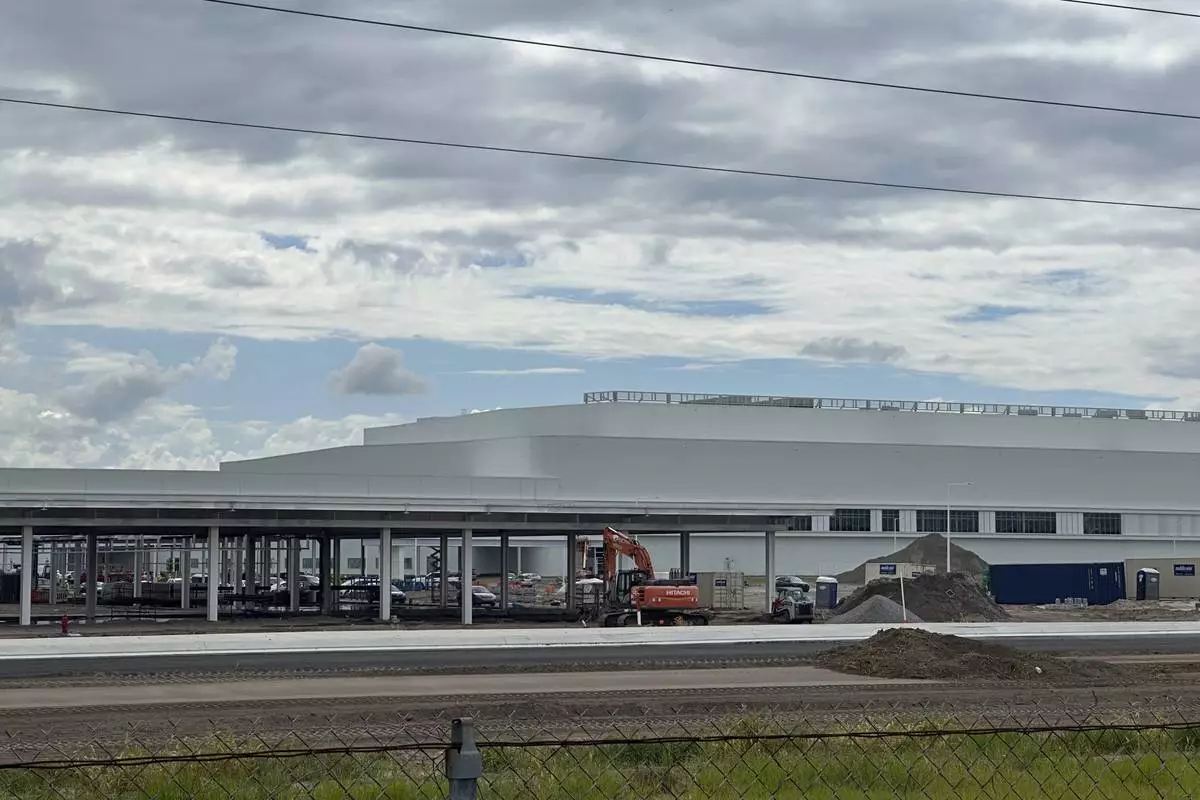
Construction continues at Hyundai's $7.6 billion electric vehicle plant in Ellabell, Ga., Monday, Aug. 26, 2024. (AP Photo/Russ Bynum)


